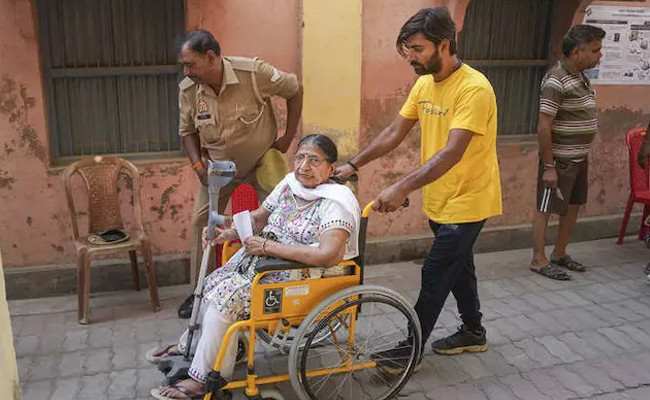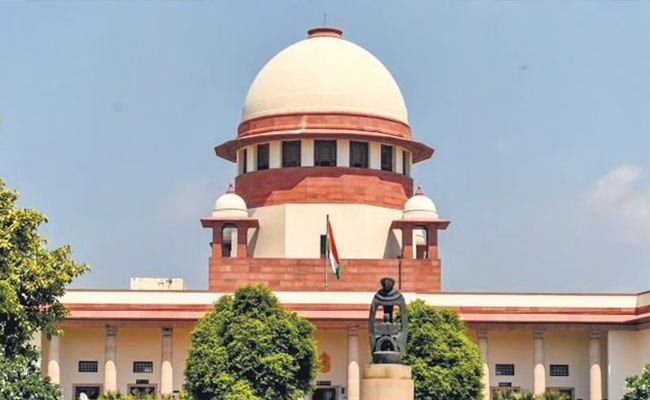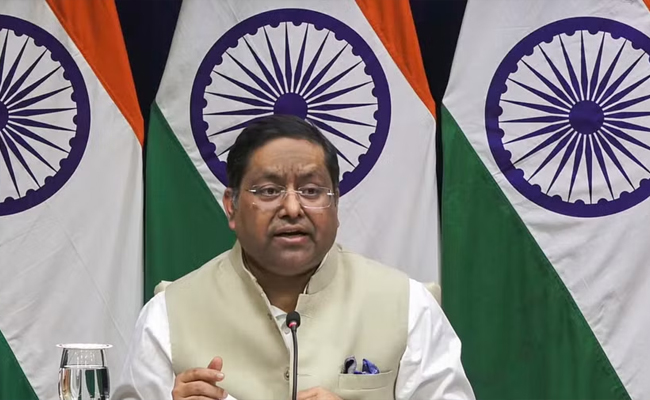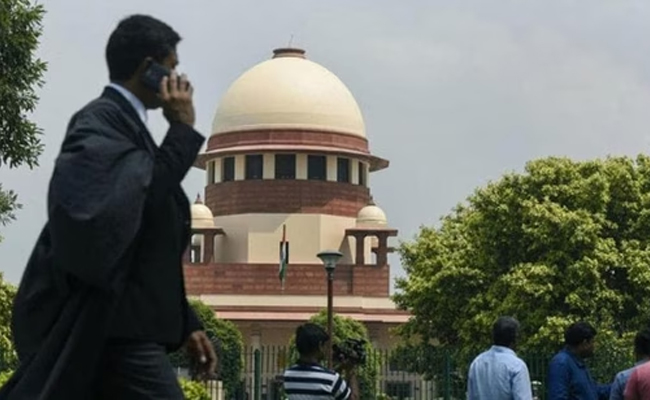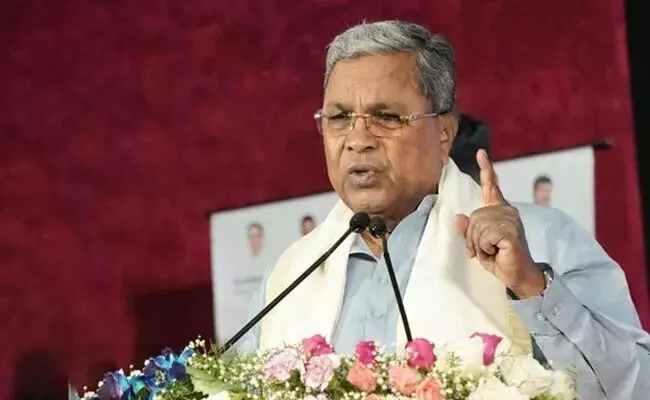New Delhi (PTI): More than 1,400 complaints related to accessibility have been lodged through the government's flagship Sugamya Bharat mobile application since its launch in 2021, with approximately 75 per cent of those resolved, according to official data.
The Sugamya Bharat app, designed to assist people with disabilities and the elderly, allows users to report accessibility issues in public infrastructure, transportation and buildings by uploading photos.
Information revealed following a Right to Information (RTI) request filed by PTI showed that 1,441 complaints were received on the app between 2021 and 2024. Of these, 1,081 were addressed after being forwarded to the authorities concerned.
The RTI response revealed that 647 complaints were received in the 2021-22 period, of which 567 were resolved. The following year, 530 complaints were lodged and 391 resolved. The app recorded 264 complaints in 2023-24 while 123 were addressed.
To further improve the app's functionality, the government plans to redesign the platform, incorporating artificial intelligence (AI) features.
A senior Department of Disability Affairs official said the upgraded Sugamya Bharat app would become a comprehensive platform for people with disabilities, offering an AI-powered chatbot, a multilingual interface, and tools for complaint registration and feedback.
The redesign is part of the government's broader efforts to enhance accessibility across India's built environment, transportation and ICT (Information and Communication Technology) ecosystems.
A partnership has been established with the NGO Mission Accessibility and the research institute I-STEM to develop the AI-enabled app.
With more than two per cent of India's population living with disabilities, experts believe that making disabled-friendly construction compliance mandatory during building plan approvals would significantly address challenges of accessibility.
The official said the government was collaborating with IIT-Kharagpur to develop a specialised course on designing accessible buildings. This course will be introduced in 27 institutions, including other IITs.
Since the app's launch, the complaint resolution process has faced logistical challenges, particularly at the state level, but the system has now been streamlined, the official said.
Disability rights activist Dr Satendra Singh noted that earlier versions of the app had technical limitations, particularly for visually-impaired users.
"That was a gap but they are addressing it," he said.
Let the Truth be known. If you read VB and like VB, please be a VB Supporter and Help us deliver the Truth to one and all.
New Delhi (PTI): Broken relationships, while emotionally distressing, do not automatically amount to abetment of suicide in the absence of intention leading to the criminal offence, the Supreme Court on Friday said.
The observations came from a bench of Justices Pankaj Mithal and Ujjal Bhuyan in a judgement, which overturned the conviction of one Kamaruddin Dastagir Sanadi by the Karnataka High Court for the offences of cheating and abetment of suicide under the IPC.
"This is a case of a broken relationship, not criminal conduct," the judgment said.
Sanadi was initially charged under Sections 417 (cheating), 306 (abetment of suicide), and 376 (rape) of the IPC.
While the trial court acquitted him of all the charges, the Karnataka High Court, on the state's appeal, convicted him of cheating and abetment of suicide, sentencing him to five years imprisonment and imposing Rs 25,000 in fine.
According to the FIR registered at the mother's instance, her 21-year-old daughter was in love with the accused for the past eight years and died by suicide in August, 2007, after he refused to keep his promise to marry.
Writing a 17-page judgement, Justice Mithal analysed the two dying declarations of the woman and noted that neither was there any allegation of a physical relationship between the couple nor there was any intentional act leading to the suicide.
The judgement therefore underlined broken relationships were emotionally distressing, but did not automatically amount to criminal offences.
"Even in cases where the victim dies by suicide, which may be as a result of cruelty meted out to her, the courts have always held that discord and differences in domestic life are quite common in society and that the commission of such an offence largely depends upon the mental state of the victim," said the apex court.
The court further said, "Surely, until and unless some guilty intention on the part of the accused is established, it is ordinarily not possible to convict him for an offence under Section 306 IPC.”
The judgement said there was no evidence to suggest that the man instigated or provoked the woman to die by suicide and underscored a mere refusal to marry, even after a long relationship, did not constitute abetment.

